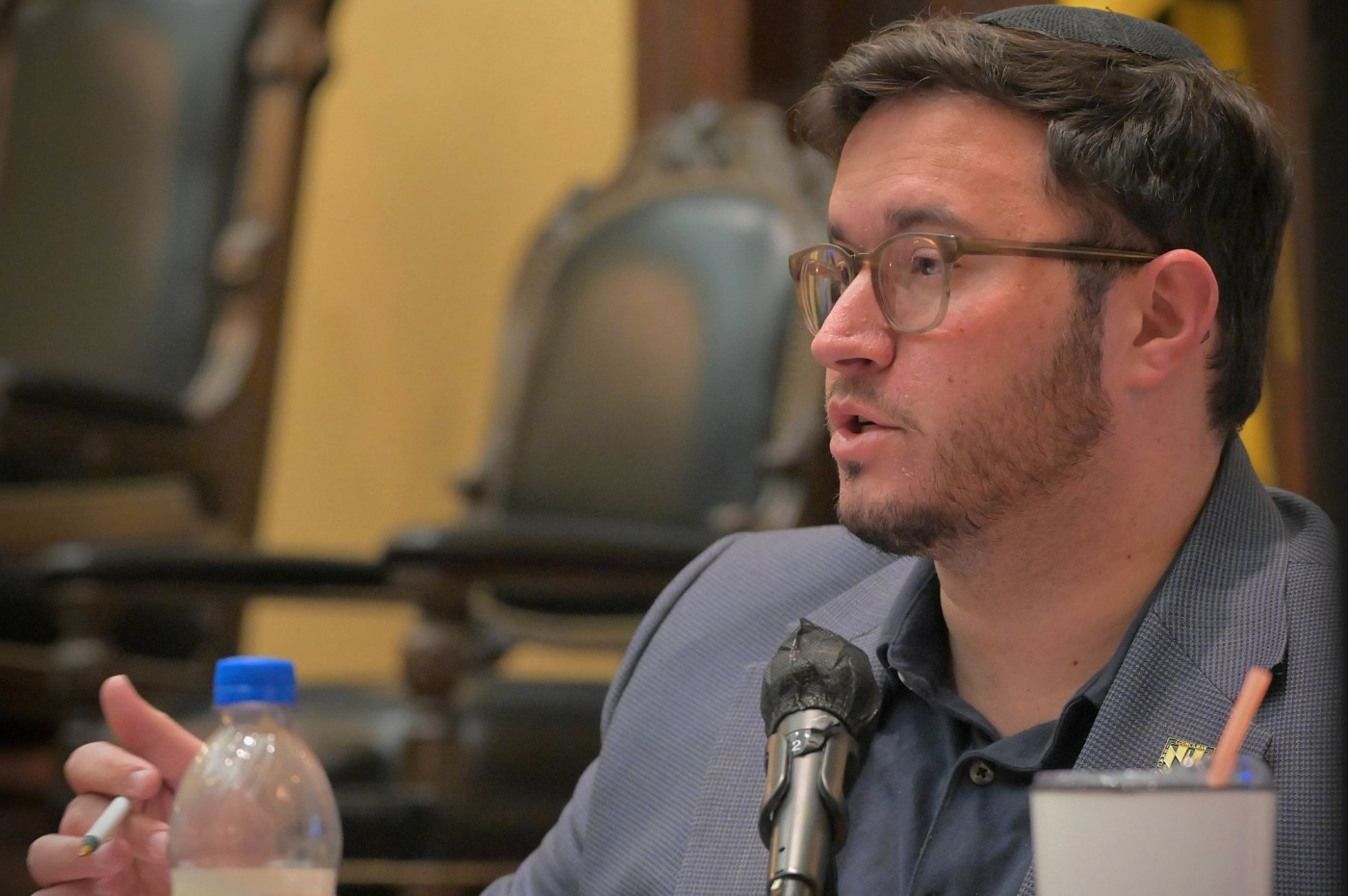UPDATE: The Baltimore City Council took decisive action today, unanimously advancing nearly $113 million to address significant year-end deficits across eight city agencies. This critical approval, confirmed by a subcommittee vote, aims to rectify overspending as the fiscal year closes on November 10, 2023.
With a total of $112,974,114 allocated, the package of “retroactive appropriations” remains unchanged from the initial authorization by the Board of Estimates last month. The majority of funds—approximately three-quarters—will support the Baltimore Police Department and Baltimore Fire Department, both grappling with severe staffing shortages and substantial overtime costs.
Budget Director Laura Larsen emphasized the importance of this financial move, stating, “These actions will ensure that general fund agencies that ended the year with a deficit are in balance at the close of the fiscal year, which is required under the city’s charter.” The council’s swift response aims to stabilize the budget amid rising financial pressures.
The agencies receiving appropriations include:
- Baltimore City Fire Department: $38,520,093 – due to overtime and staffing costs.
- Baltimore Police Department: $47,492,889 – driven by overtime expenses.
- Baltimore City Public Schools: $12,911,344 – related to city contributions for City Spring Elementary/Middle School.
- Baltimore City Recreation and Parks: $5,630,976 – to cover unplanned contractual costs.
- Baltimore City Department of Transportation: $4,457,580 – primarily for unexpected snow removal expenses.
- Other appropriations include funds for the Baltimore Law Department and the Liquor License Board among others.
The council’s Budget and Appropriations Committee, led by Chair Danielle McCray and Vice Chair Isaac “Yitzy” Schleifer, unanimously voted to advance these appropriations for consideration by the full council, underscoring the urgency of the situation.
Today’s vote also triggered discussions about streetlight funding, with Councilman Schleifer questioning the effectiveness of the $21.9 million allocated for streetlight services, particularly in light of ongoing issues with vendor availability. “I think it’s important for…us to understand what we’re getting for $23 million in street lighting if you have no streetlights,” Schleifer stated, highlighting community concerns.
As the council prepares for the upcoming meeting on November 10, all eyes will be on how these financial adjustments will impact city services and the broader community. City officials are under pressure to demonstrate accountability and transparency in resource allocation.
This significant financial maneuver reflects the city’s ongoing challenges with budget management, particularly in essential services like public safety and education. As Baltimore navigates these fiscal hurdles, residents will be closely monitoring the council’s decisions in the coming days.
Stay tuned for further updates as this story develops and the full council convenes to discuss these urgent financial appropriations.







